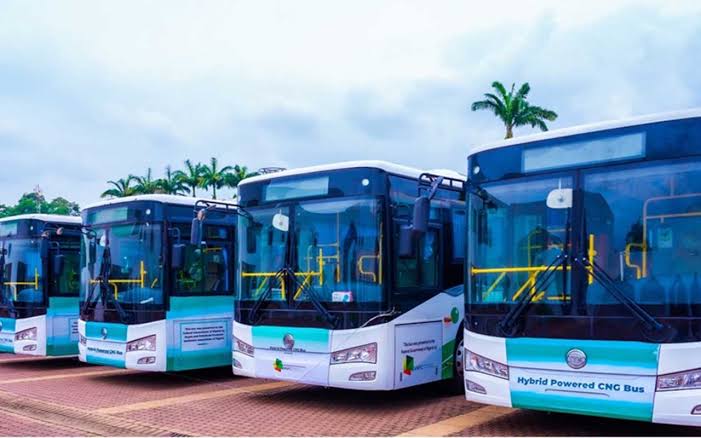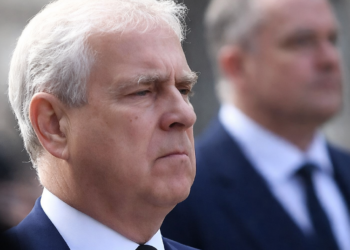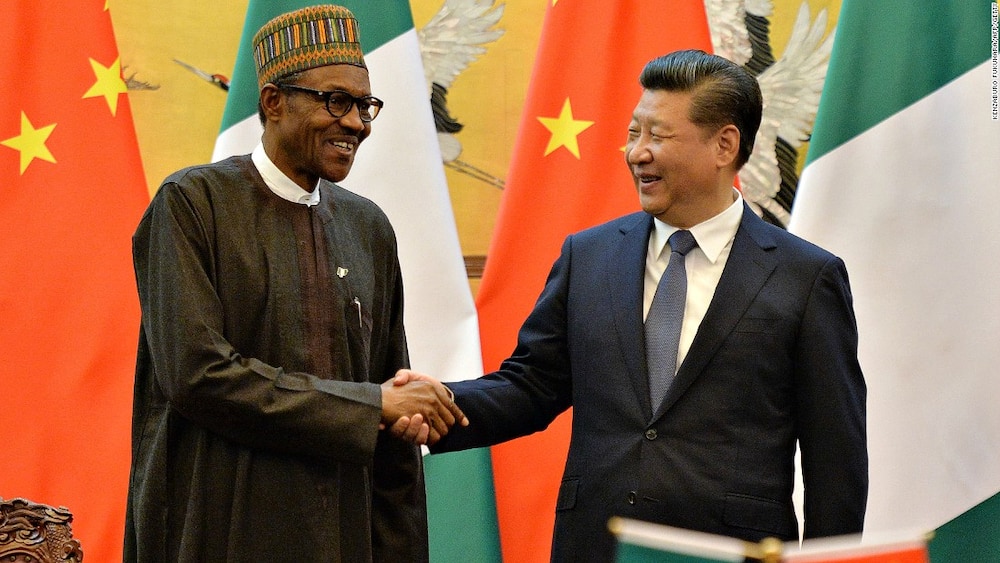In an effort to protect the environment and lower the cost of transportation for its residents, the Enugu State government is introducing compressed natural gas buses.
To supervise and encourage energy and mineral investment, the state government has established the Ministry of Energy and Mineral Resources.
Following a State Executive Council meeting on Saturday, the Secretary informed Prof. Chidiebere Onyia of the State Government and Dr. Obi Ozor, the Commissioner for Transportation.
Following the meeting, Onyia briefed reporters at Government House on the Enugu State Electricity Law, which had been earlier signed by Governor Peter Mbah.
She also mentioned that the law calls for the establishment of an independent regulator that will serve as a supervising ministry and handle all of “our engagements in the energy space and also in our mineral resource space.”
He stated that, given the level of mineral resources available in the State, the government decided at the end of “EXCO today” to establish this Ministry, whose mandate includes oversight of the majority of our investment opportunities in the solid mineral space as well as assisting in the catalysis of investments in the energy space.
“EXCO resolved that this new Ministry would take effect immediately.”

Dr. Ozor, for his part, stated that the state was not only introducing CNG buses but also constructing the necessary infrastructure to guarantee commuter safety and convenience of use.
He also mentioned that the government is making an effort to encourage private sector investment in the transportation industry in addition to increasing its own spending on CNG bus purchases.
“The Executive Council agreed that it is critical for the state and its population to begin the process of transitioning from petrol to CNG, which saves around half the cost of fuel for our transportation, lowering the cost of transportation for our people.
“All of these are aimed at delivering a safe, economical, and sustainable transport system.
This connects into the infrastructure that is being built, such as bus terminals, enhanced bus shelters, the internet of things, and technologies in these buses that will allow us to know where our citizens are and ensure their safety in the event of an emergency.
“The state has already done that in partnership with Greenville Energy, and the state is also creating an enabling environment to attract the right investors within the CNG space,” he said.
He added that the construction of the ancillary daughter stations, which would resemble filling stations, would start in a few weeks and that the government was already building a sizable CNG mother station at Ugwu Onyeama, which would have the capacity to serve the entire South East.
In Essence
By transitioning to CNG buses, the government is addressing two major issues: environmental conservation and the rising cost of transportation. CNG is a cleaner alternative to petrol and diesel, reducing harmful emissions and contributing to a greener environment.
Additionally, by cutting fuel costs by half, this initiative will significantly reduce the financial burden on residents who rely on public transportation. This is a welcome relief in the context of Nigeria’s fluctuating fuel prices, which often affect everyday commuters.
The strategic move to develop necessary infrastructure, such as bus terminals, shelters, and CNG stations, highlights the government’s comprehensive approach to this transition.
It shows a commitment not just to rolling out the buses but also to ensuring the supporting infrastructure is in place, making the system efficient, safe, and sustainable.
Dr. Ozor’s emphasis on incorporating modern technology, such as IoT for safety and tracking, reflects an understanding of the need for a modern and smart public transport system.

















